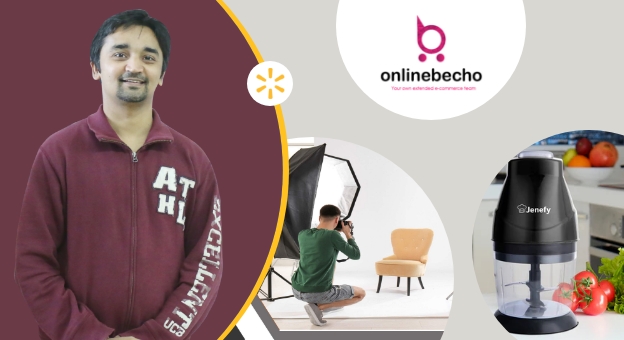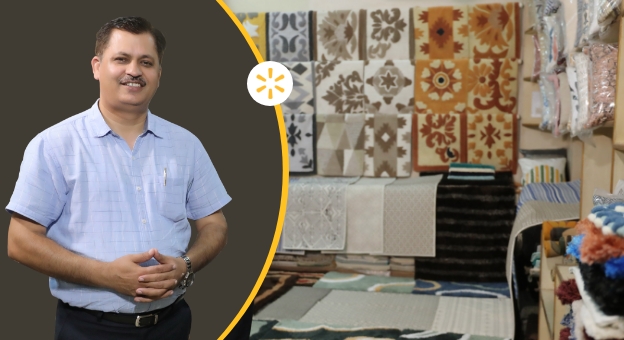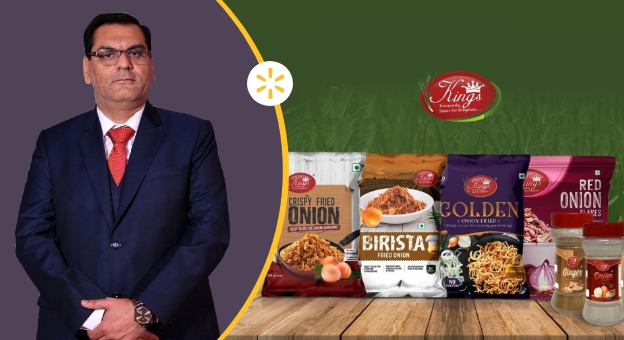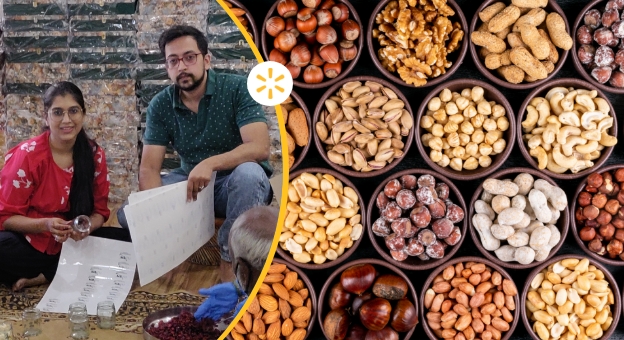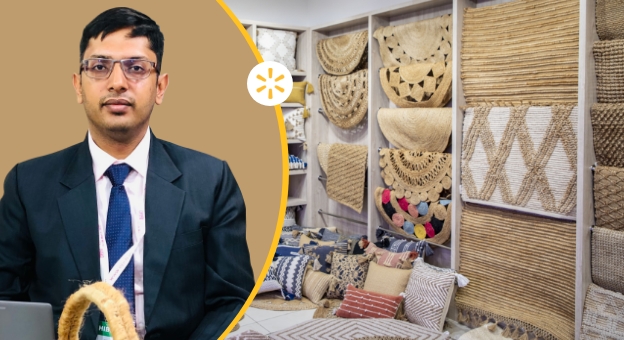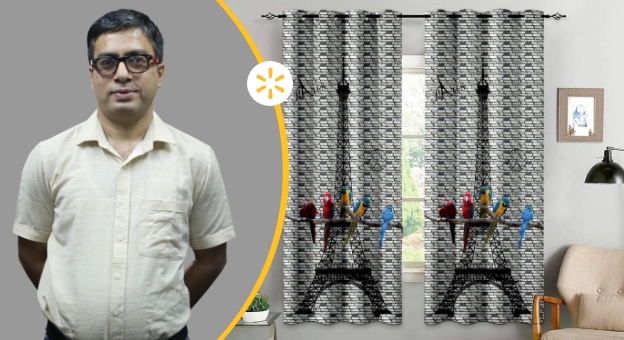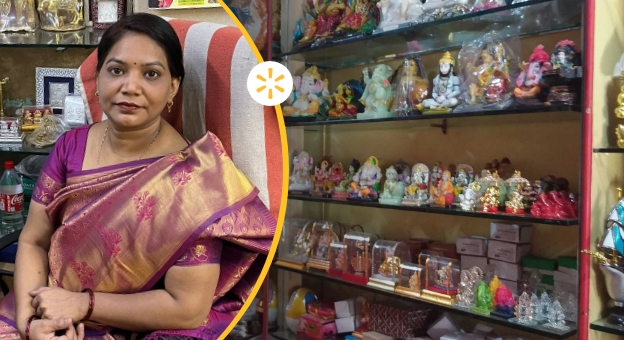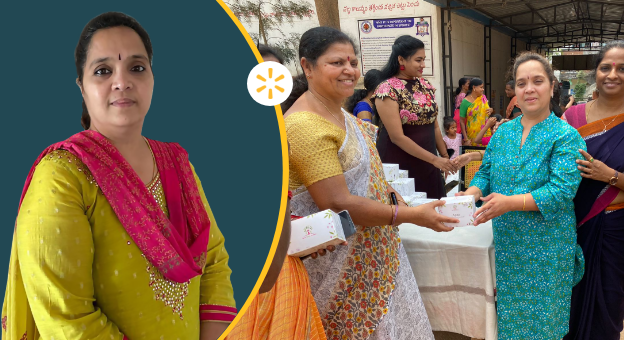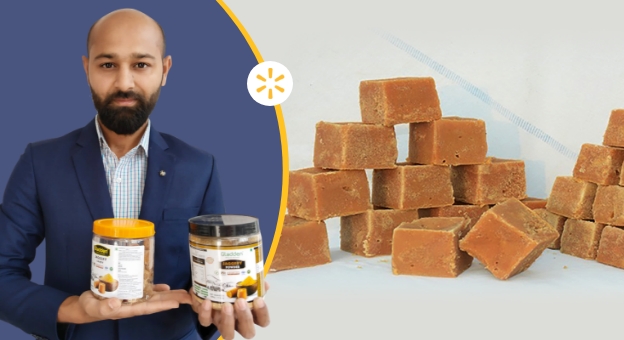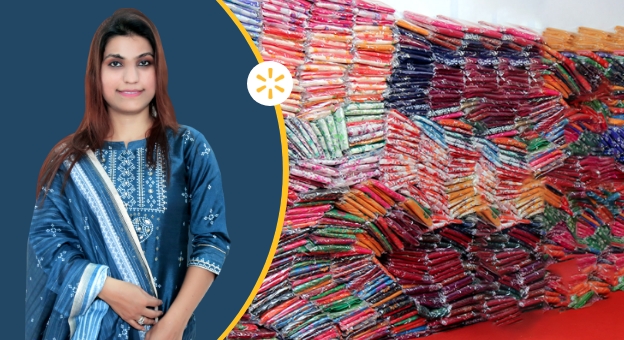
Recent Posts
- January, 2025
Boxing champion Deepak Rai started a health supplement brand with Rs 10,000 and earned Rs 1 crore
Small businesses that can help you meet your health resolutions in 2025
Wellness Made Simple: How MSMEs Can Support Your Health Resolutions in 2025
From Relocation to Reinvention: How I Crafted Success in Fashion Jewelry
- December, 2024
Building a Dream: How Equipline Merges Creativity, Functionality, and Sustainability
